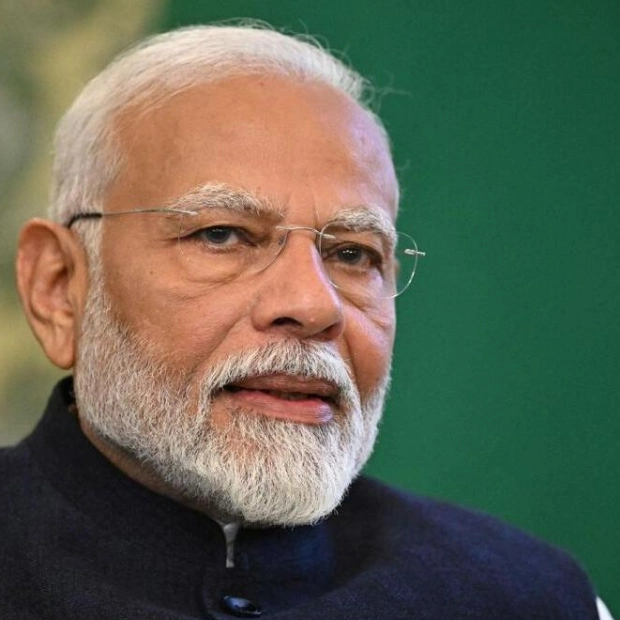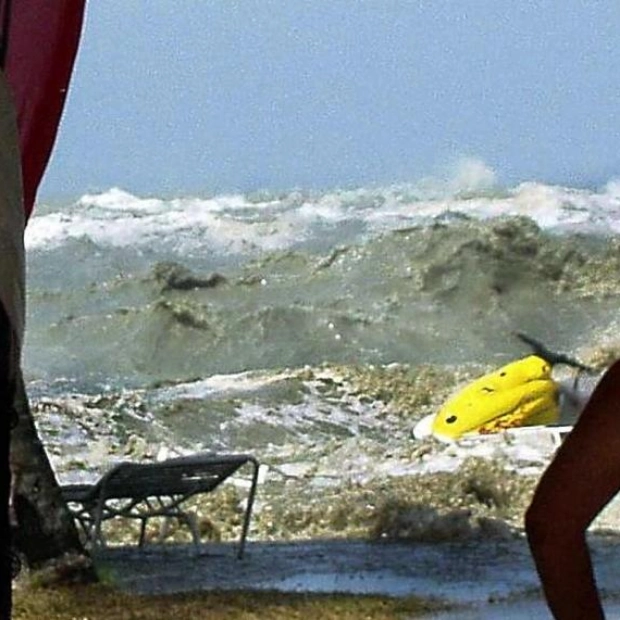Experts predict that consumers in the UAE will soon experience a drop in lending rates, offering substantial relief. This outlook follows the US Federal Reserve's decision to maintain its key benchmark rate, which has stayed within the 5.25 to 5.50 percent range since its last increase in July 2023. Due to the UAE dirham being pegged to the US dollar, the UAE central bank has kept the Emirates Interbank offered rate (EIBOR) for overnight deposits steady at 5.40 percent. Additionally, the Central Bank of the UAE (CBUAE) has decided to keep the interest rate for short-term liquidity borrowing at 50 basis points above the base rate for all existing credit facilities. The base rate, linked to the US Federal Reserve's interest on reserve balances (IORB), serves as a benchmark for overnight money market interest rates in the UAE, indicating the general stance of monetary policy.
Major Gulf Cooperation Council (GCC) central banks, excluding Kuwait, which uses a basket of currencies, follow the Fed's policy rate to maintain their currency peg with the US dollar. During a press conference after the interest rate announcement, Fed Chair Jerome Powell highlighted that discussions on potential interest rate cuts would take place at the next Federal Open Market Committee (FOMC) meeting in September. In the UAE, the central bank lending rate has remained above five percent for the past 15 months, currently near the peak levels of 2007. If the Fed decides to cut interest rates in September, the EIBOR rate is anticipated to drop to near five percent within the next three months.
This reduction is expected to significantly benefit the consumer sector, as lending rates for sectors such as auto loans, credit card interest, and personal loans will not increase further. The rate cuts could also enable local state-owned enterprises and infrastructure entities to utilize their credit limits more effectively, as they seek to borrow at lower costs and even refinance at reduced rates in some cases, according to Vijay Valecha, chief investment officer at Century Financial. The UAE has an estimated construction project pipeline worth nearly $500 billion over the next five years, encompassing core infrastructure, housing, road construction, and other critical projects in sectors like hospitality and tourism. Valecha added that reducing debt costs would greatly enhance credit growth and spending.
This proactive approach recognizes the necessity for flexibility in monetary policy. If inflation continues to fall as anticipated, the Fed might lower interest rates to boost economic growth. Markets currently anticipate a 25-basis point rate cut by the US Fed in their September meeting. Mohamed Hashad, chief market strategist at Noor Capital, noted that the Federal Reserve, under Chairman Jerome Powell's leadership, has shown a steadfast commitment to aligning its actions with market expectations. Their recent decision to maintain interest rates without deviating from current trends underscores this commitment, aiming to bolster confidence in global financial markets.






